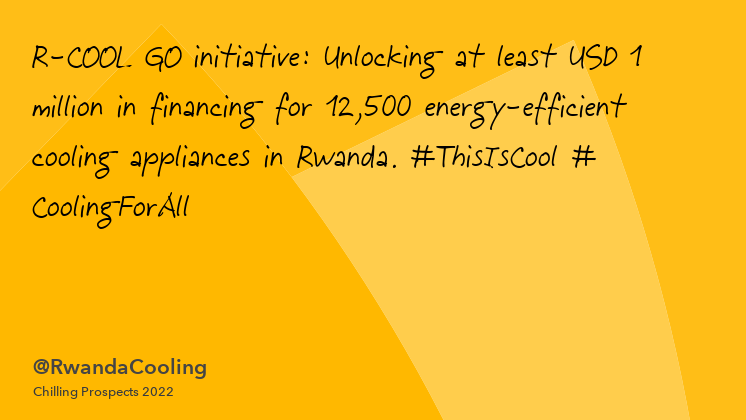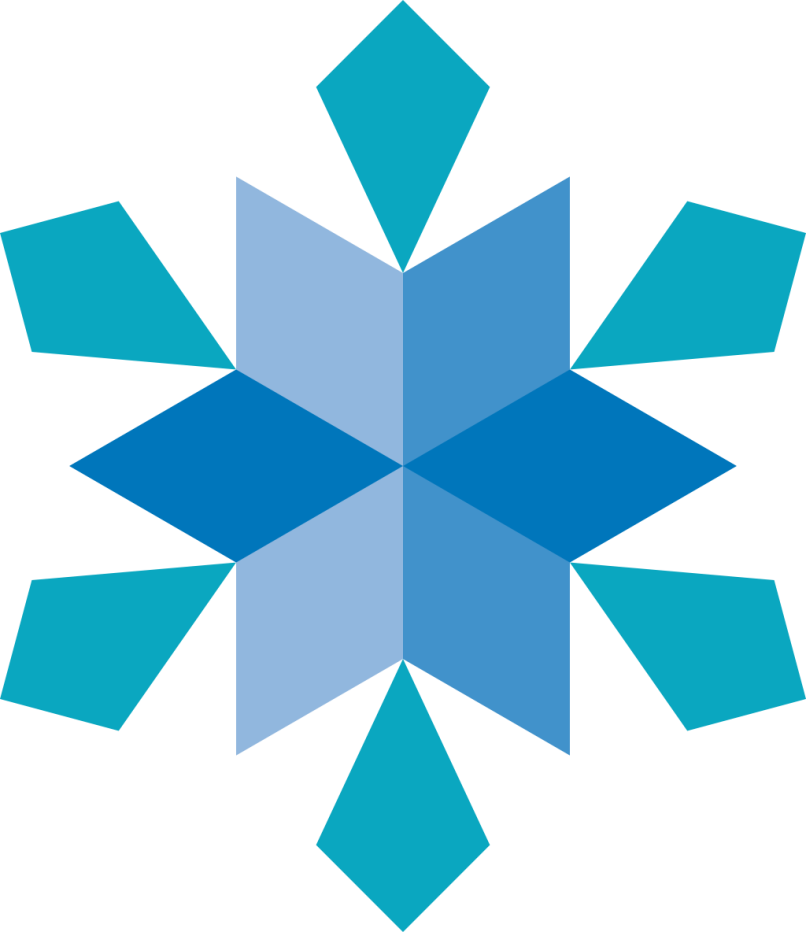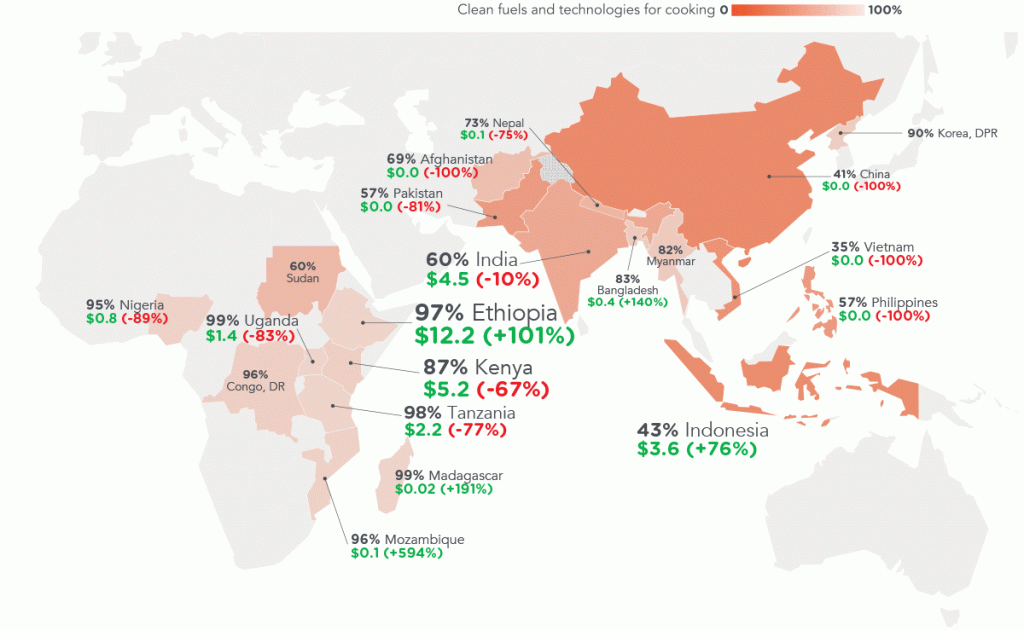Chilling Prospects 2022: Unlocking financing for energy-efficient cooling in Rwanda
Clean Cooking Data for All: using household insights to kickstart clean cooking investment
Growing market potential of solar cold storage for horticulture products in Rwanda
Energizing Finance: Impacts of Policies on Electricity Financing in Rwanda
Energizing Finance: Understanding the Landscape 2020
Lack of clean cooking access: the 'other' public health crisis we cannot ignore
About the author
Increasing access to clean cooking in Rwanda
We look at how Rwanda is increasing access to clean cooking solutions for the country, highlighting what can be done with political will and private sector mobilization.






